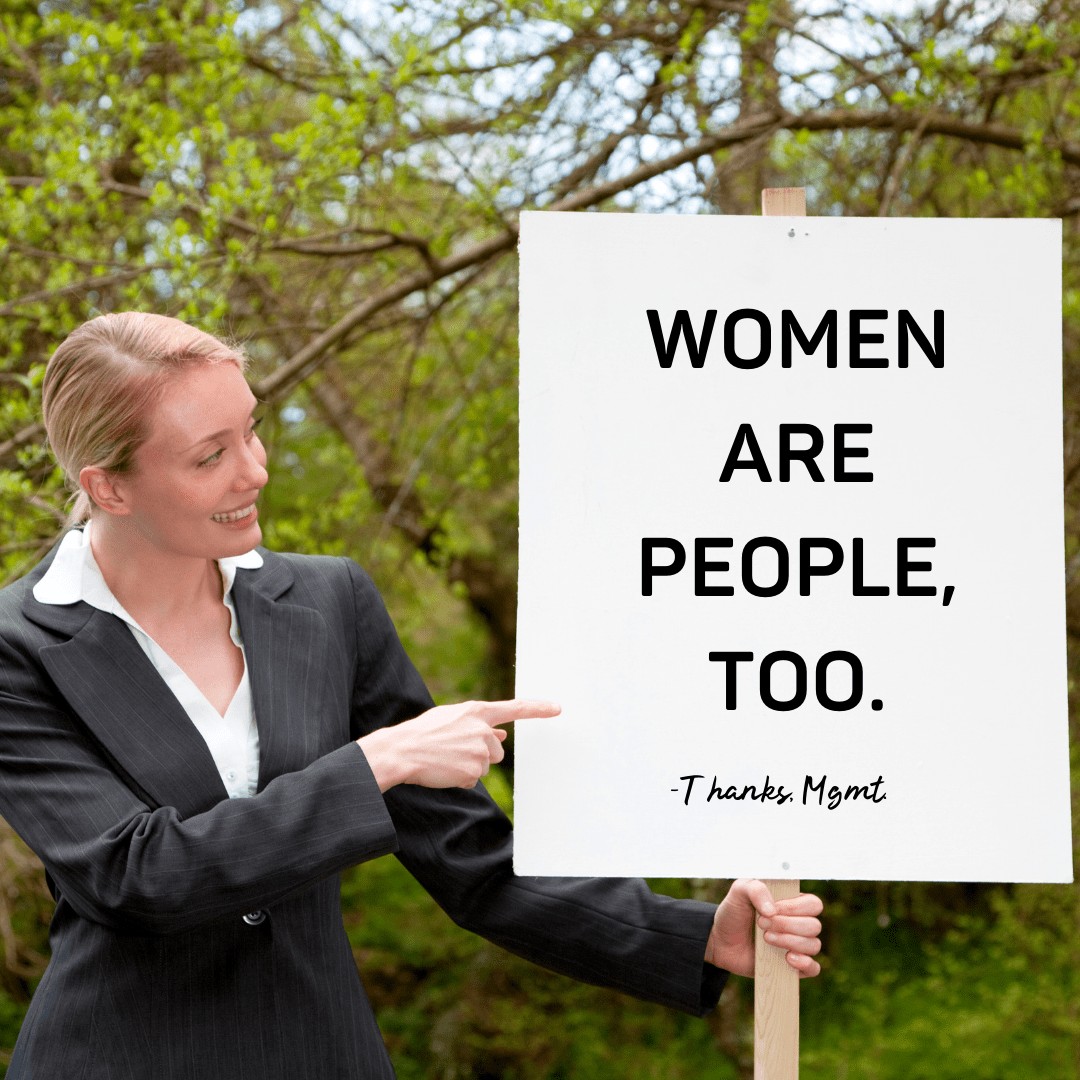For ages, the quest to understand women has been portrayed as an intricate puzzle. From self-help books dissecting gender differences to endless online debates, the topic remains a source of intrigue and, often, confusion. But what if the key to understanding women wasn’t about deciphering a complex code, but about acknowledging a fundamental truth?
The Foundation: Women Are Individuals
The most crucial element in understanding women is recognizing their individuality. It may sound simplistic, but it’s often the missing piece in the puzzle. Women are people, first and foremost, with diverse thoughts, feelings, experiences, and preferences. Just like men, they cannot be accurately defined by broad generalizations or societal expectations.
Addressing Common Misconceptions
Let’s debunk some persistent myths and address common questions that often cloud the path to understanding women.
1. “Why won’t she date me, even though I’m successful?”
Attractiveness and success are undoubtedly appealing qualities, but they aren’t a universal guarantee of romantic interest. Women, like men, have their own preferences and criteria for choosing a partner. These may include personality, shared values, emotional connection, or simply a feeling of compatibility. It is crucial to remember that not every woman will be a match, and that’s perfectly acceptable.
2. “Why don’t women like ‘nice guys’?”
Many women appreciate and seek out kindness in a partner. However, the term “nice guy” can sometimes be misinterpreted. Genuine kindness is about respect, empathy, and consideration, while a “nice guy” persona might mask underlying expectations or resentment. Women are looking for authentic connection, not a transactional exchange of niceness for affection.
3. “Why don’t women apologize?”
This is a complex issue often rooted in societal conditioning. Women are frequently socialized to apologize excessively, even for things that aren’t their fault, to avoid conflict and maintain harmony. This can lead to a reluctance to apologize in situations where they feel they are not at fault, or where an apology might be perceived as vulnerability. Furthermore, like anyone, women have pride and ego, which can sometimes make it difficult to admit wrongdoing.
4. “Why won’t women tell us what’s wrong?”
Communication is key in any relationship. However, there may be various reasons why a woman might hesitate to express her feelings or concerns. She might fear judgment, dismissal, or a negative reaction. She may have tried to communicate in the past and felt unheard or invalidated. Creating a safe and supportive space for open and honest communication is essential for understanding and resolving issues.
5. “Why doesn’t my wife enjoy cooking/cleaning?”
Household chores should be a shared responsibility, not a gendered expectation. Women are not inherently predisposed to enjoy cooking or cleaning any more than men are. Preferences and skills vary from person to person. Openly discussing household responsibilities and finding a fair division of labor is crucial for a harmonious relationship.
6. “Why does my wife want to work when I can provide for her?”
A woman’s decision to work or not is a personal one, driven by her own aspirations, ambitions, and sense of fulfillment. Work provides not only financial independence but also a sense of purpose, social connection, and intellectual stimulation. Assuming that a woman’s sole purpose is to be a homemaker is a limiting and outdated perspective.
Understanding Young Women: Empowering Daughters
The principles of individuality and respect apply to daughters as well. Fathers play a crucial role in shaping their daughters’ self-esteem and confidence.
7. “My daughter doesn’t like ‘girly’ things.”
Interests and preferences are not determined by gender. Embrace your daughter’s individuality and support her passions, regardless of whether they conform to traditional gender stereotypes. Shared interests provide opportunities for bonding and connection.
8. “I’m scared for my daughter because she’s a girl.”
Protecting your daughter doesn’t mean limiting her opportunities. Empower her with the skills and knowledge she needs to navigate the world safely. Encourage her independence and resilience while providing a supportive and protective presence.
Conclusion: Embrace Individuality and Respect
Understanding women is not about cracking a secret code or adhering to rigid stereotypes. It’s about recognizing their individuality, respecting their choices, and engaging in open and honest communication. By approaching women as unique individuals with their own thoughts, feelings, and experiences, you can foster genuine connections and build meaningful relationships.
